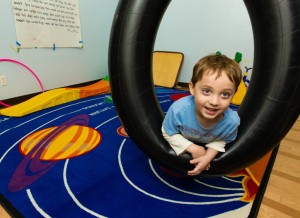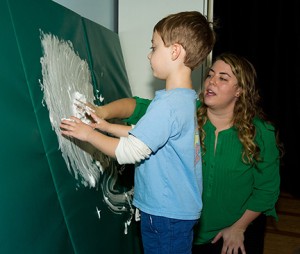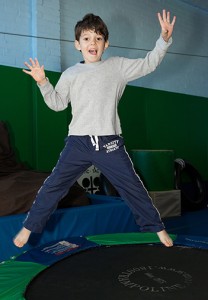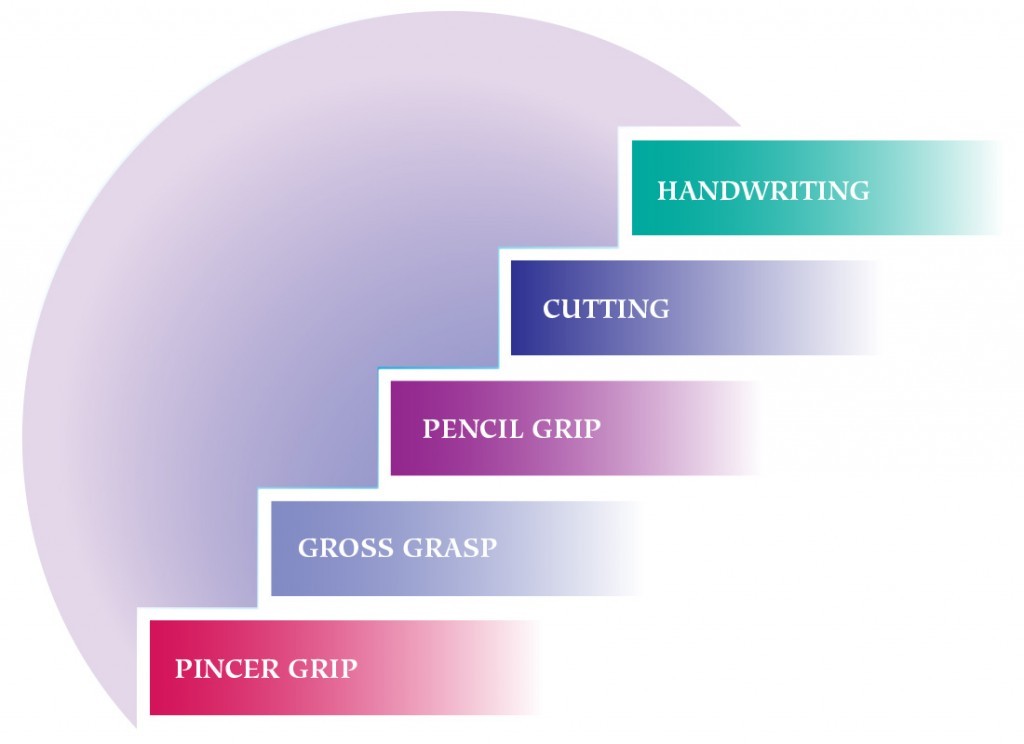Issues Treated with Occupational Therapy
Common Signs and Indicators
Your child may benefit from our services if you recognize any of the following:
Behavior, Sensory, Social and Emotional Issues
- Disruptive or aggressive behaviors
- Has difficulty paying attention
- Struggles to interact or play with peers
- Avoids tabletop play and learning experiences
- Inability to sit still (unless focused on computer or TV)
- Inability to listen or follow directions
- Always on the go
- Is a picky eater
- Has low self-esteem
- Is stubborn or uncooperative
- Has excessive emotional outbursts when unsuccessful at a task
- Temper tantrums that are frequent and interfere with life
- Has poor frustration tolerance
- Has difficulty making friends (does not interact or participate in group play)
- Is sensitive to criticism
- Often appears anxious
- Cries easily
- Overly serious
- Has nightmares
- Has fears that interfere with daily routines
- Needs more protection from life than other children the same age
- Rigid and inflexible
- Overly affectionate with others
- Does not perceive facial expressions or body language
- Difficulty regulating emotions
- Difficulty participating and maintaining a conversation
- Difficulty resolving conflict or expressing needs
- Difficulty with cooperative and interactive play
- Appears overly shy
 Body Movement Issues
Body Movement Issues
- Avoids climbing or playing ball and seems clumsy; falls frequently
- Sitting still is a challenge, unless focused on computer or TV
- Seeks out all kind of movement- “on the go”
- Walks on toes
- Hangs on people, furniture or objects
- Poor endurance/tires easily
- Poor safety awareness
- Impulsive
- Becomes overly excitable during and after movement
- Appears floppy or has low muscle tone
- Has an awkward walking or running pattern
Fine Motor Development Issues
Writing – Coloring – Cutting – Grasping
- Holds a marker, crayon or pencil awkwardly for their age
- Has difficulty drawing, coloring, copying or cutting compared to same age peers
- Lacks hand dominance at age 4
- Has difficulty controlling grasp ( too tight or loose) after age 5
- Demonstrates poor legibility of written work in the elementary school years
- Has difficulty with clothing fasteners, food containers or silverware for their age
- Has trouble using both hands in a coordinated manner
Auditory Processing Issues
- Responds negatively to loud sounds or unexpected sounds
- Holds hands over ears
- Is distracted in noisy environment and unable to communicate
- Appears not to hear what you say
- Does not respond when name is called
- Enjoys or seeks noise for noise sake
Visual Processing Issues
- Has difficulty with puzzles
- Covers eyes or squints
- Has difficulty making eye contact
- Struggles with sizing and spacing when handwriting
- Has difficulty moving his/her body through space without bumping into objects
- Has difficulty recognizing same and different
- Has difficulty reading across a page fluently, looses his/her place
- Has difficulty copying off the board at school
- Has difficulty following a moving object like a ball
- Has difficulty locating objects in a room
Touch Processing Issues
- Avoids getting messy
- Expresses distress or irritated when participating in self-care activities
- Very particular with clothing to the point it gets in the way of life
- Touches people or objects frequently
- Seems unaware of cuts and bruises
- Overreacts or underreacts to pain compared to same aged peers
- Appears unaware of others’ personal space
Oral Sensory Processing Issues
- Gags easily
- Avoids certain tastes and smells frequently
- Picky eater
- Craves certain tastes or smells
- Chew or licks nonfood items
- Mouths objects frequently
 Vestibular Development Issues
Vestibular Development Issues
- Falls frequently
- Has poor balance
- Gets car sick often
- Fear or seeks out swings, slides, stairs, or activities requiring balance
- Gets dizzy easily or never seems to get dizzy
- Enjoys twirling or rocking more than other children


